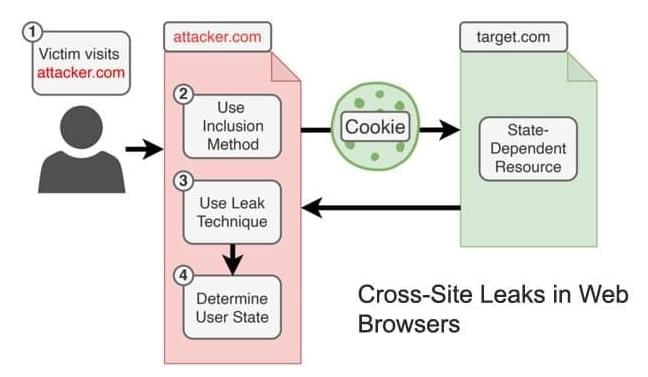Dec 6, 2021
Study identifies factor in ‘young blood’ that helps rejuvenate aged mouse muscle
Posted by Kevin Huang in categories: biotech/medical, genetics, life extension
As we age, our muscles gradually become smaller, weaker and less able to heal after injury. In a new study, UPMC and University of Pittsburgh researchers pinpoint an important mediator of youthfulness in mouse muscle, a discovery that could advance muscle regeneration therapies for older people.
Published today in Nature Aging, the study demonstrates that circulating shuttles called extracellular vesicles, or EVs, deliver genetic instructions for the longevity protein known as Klotho to muscle cells. Loss of muscle function and impaired muscle repair in old mice may be driven by aged EVs, which carry fewer copies of these instructions than those in young animals.
The findings are an important advance in understanding why the capacity for muscles to regenerate dwindles with age.


















